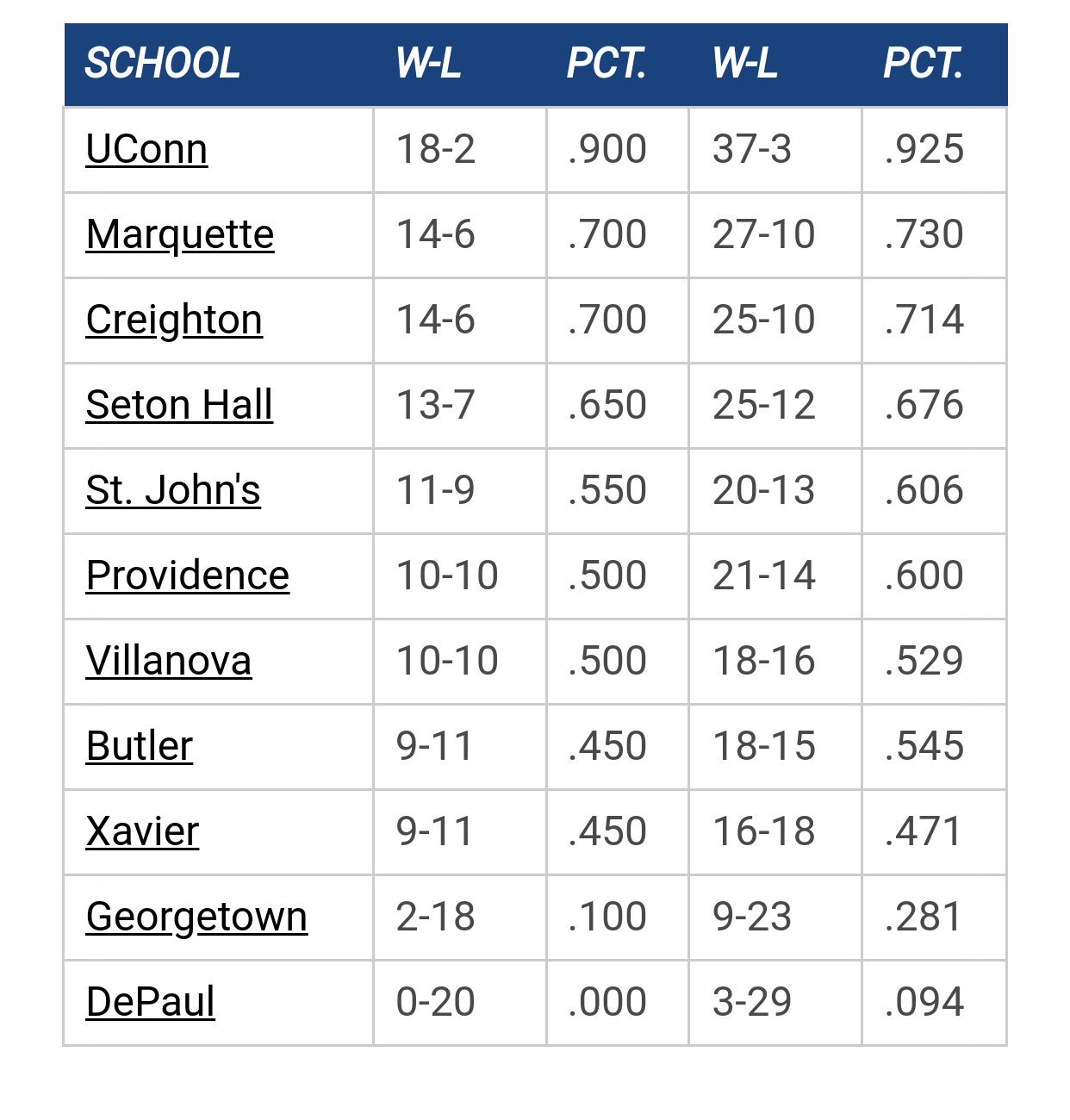- Welcome to MUScoop.
2026 Coaching Carousel by GoldenEagles03
[Today at 09:01:12 PM]
Really Good Day for the Future of Marquette Basketball by burger
[Today at 08:57:32 PM]
2025-26 Big East Thread by burger
[Today at 08:55:31 PM]
Shaka cost us the game tonite by wisblue
[Today at 07:24:09 PM]
2025-26 College Hoops Thread by K1 Lover
[Today at 07:17:06 PM]
Marquette Team Rankings by Newsdreams
[Today at 07:16:49 PM]
MU/XU Game Thread by willie warrior
[Today at 11:36:52 AM]
[Today at 09:01:12 PM]
Really Good Day for the Future of Marquette Basketball by burger
[Today at 08:57:32 PM]
2025-26 Big East Thread by burger
[Today at 08:55:31 PM]
Shaka cost us the game tonite by wisblue
[Today at 07:24:09 PM]
2025-26 College Hoops Thread by K1 Lover
[Today at 07:17:06 PM]
Marquette Team Rankings by Newsdreams
[Today at 07:16:49 PM]
MU/XU Game Thread by willie warrior
[Today at 11:36:52 AM]
The absolute only thing required for this FREE registration is a valid e-mail address. We keep all your information confidential and will NEVER give or sell it to anyone else.
Login to get rid of this box (and ads) , or signup NOW!
St. John's Date/Time: Feb 18, 2026, 8:00pm TV: TNT Schedule for 2025-26 |
||||||
User actions


